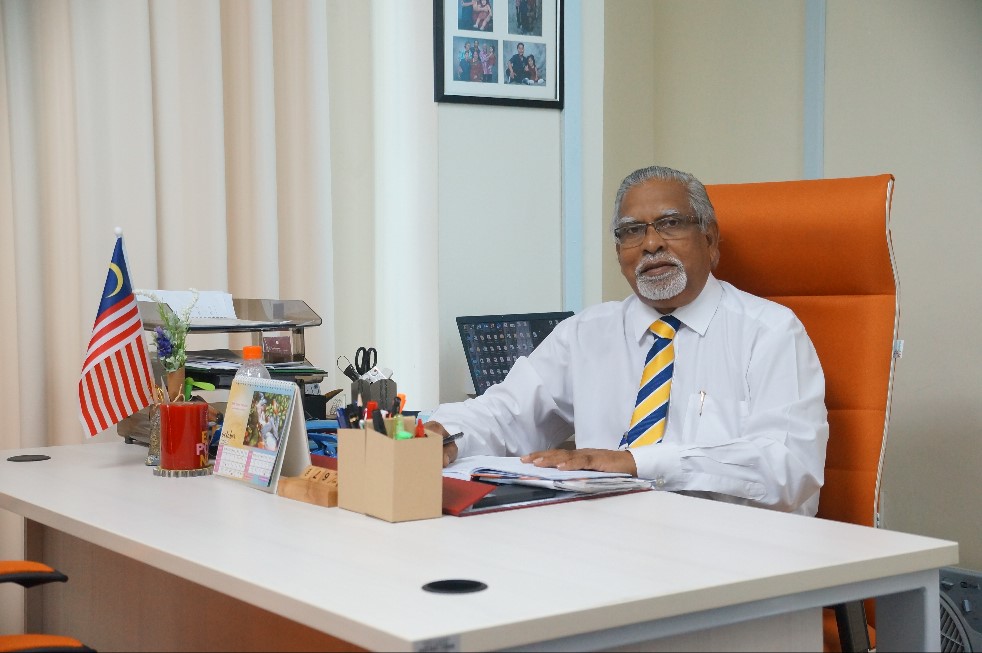KUALA LUMPUR, Nov 20 — Only a quarter of private medical practices in Sabah can sustain their business up to a year or more, according to a survey by the state chapter of the Malaysian Medical Association (MMA).
MMA president Dr Subramaniam Muniandy said half of private medical practices in Sabah are estimated to be unsustainable in the next three to six months, as the Covid-19 epidemic continues to rage on in the East Malaysian state.
Sabah’s Covid-19 crisis is still continuing since the start of October, frequently reporting new clusters and 512 new infections today.
“If the current situation continues in Sabah, 17 per cent of practices estimated they will not be sustainable in the next three months and another 33 per cent for the next six months,” Dr Subramaniam said in a statement.
“Only 25 per cent in the survey estimated they can be sustainable for up to 12 months or more.”
The survey conducted by the MMA Sabah branch involved 209 private doctors, of which 68 per cent were general practitioners (GPs) and 32 per cent were specialists.
The survey showed since the nationwide Covid-19 lockdown in March and the implementation of the conditional movement control order (CMCO) in Sabah and most peninsular states during the third wave of the Malaysian epidemic, 70 per cent of private GPs and specialists nationwide have seen reduced patient loads of over 50 per cent or more.
Lockdown rules had made patients delay their health checkups, while some avoided clinics or hospitals out of fear of contracting Covid-19.
“Affordability among many patients had also decreased significantly due to the economic impact of the pandemic,” the president of MMA said.
Nearly a third, or 32 per cent, of private clinicians reported the need to close their clinics temporarily for various reasons, including the need to quarantine due to Covid-19 exposure.
According to MMA, there are 7,000 plus Ministry of Health (MOH) trained GPs and around 3,000 plus private specialists serving in more than 200 private hospitals nationwide.
“Many clinics and hospitals nationwide were reporting reduced patient attendance, some by as much as 70 per cent to 80 per cent, with significant income reduction and sustainability of their practice severely threatened. Many senior doctors with their wealth of experience are also contemplating closing or retirement. It is estimated that around 200 clinics nationwide will close by year end,” said Dr Subramaniam.
The private health care spending is around 50 per cent of the total national health care expenditure, with Malaysians and foreigners attending private facilities daily, apart from providing millions of jobs as part of an integral part of the Malaysian economy.
Dr Subramaniam said the contraction and loss of private sector doctors and clinics in the country will inevitably lead to more congestion at the government facilities. This will only add more strain to funding and finances, facilities, and human resources.
Furthermore, he said although Budget 2021 has an increase of 4.3 per cent for health as compared to the allocation for this year, this budget will hardly be adequate if private facilities reduce significantly causing more patients to shuttle to government facilities.
“Consequently, patient care and medical access may be compromised if overcrowding of public facilities increase.”
MMA proposed to the government a private-public collaboration so that health care is strengthened in both sectors simultaneously, catering to the spectrum of health needs and affordability.
Secondly, MMA asked for tax exemptions and grants for the private sector to support the private health care sector in the recovery phase of the Covid-19 pandemic.
MMA also suggested that the government outsource follow-up services for patients with non-communicable diseases (NCDs), antenatal care by GPs, or elective operations by private specialists at an agreed sustainable rate to allow decongestion of public hospitals and clinics.








